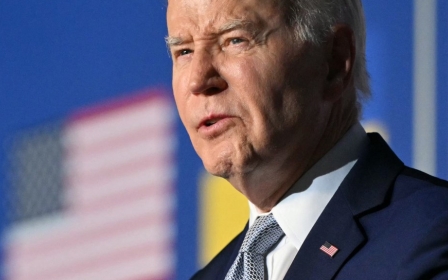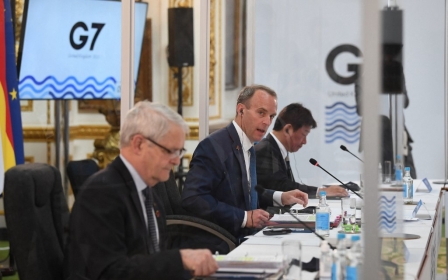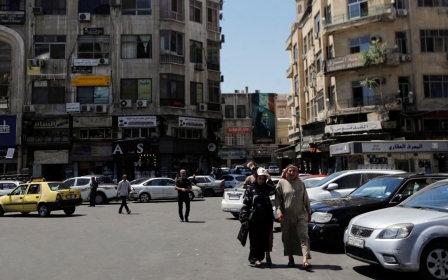Italy to appoint ambassador to Syria to 'turn a spotlight' on country
Italy will appoint an ambassador to Syria more than a decade since it exited the country due to President Bashar al-Assad’s deadly crackdown on protesters and subsequent civil war.
Stefano Ravagnan, who is currently the foreign ministry’s special envoy for Syria, was named as the ambassador and will be taking up his new post shortly.
In 2012, Rome recalled its diplomats from its embassy in Syria protesting “the unacceptable violence” of Assad’s government against the Syrian people.
After 13 years of war and half a million dead, Assad’s government has regained control of much of the country with Iran and Russia’s backing. The northeast is controlled by US-backed Kurdish forces, while other parts of the north are held by rebel factions and Turkish troops.
The Italian foreign minister, Antonio Tajani, said the move is designed “to turn a spotlight” on Syria.
New MEE newsletter: Jerusalem Dispatch
Sign up to get the latest insights and analysis on Israel-Palestine, alongside Turkey Unpacked and other MEE newsletters
It also comes a few days after eight EU countries, including Italy, called on the bloc to “review and assess” its policy in Syria.
“Our goal is a more active, outcome-driven, and operational Syria policy… This would allow us to increase our political leverage [and] the effectiveness of our humanitarian assistance,” said the foreign ministers of Austria, Croatia, Cyprus, Greece, Czech, Slovakia, Slovenia and Italy in a letter sent to the EU’s foreign policy chief, Josep Borrell.
The letter highlighted “the humanitarian situation" in Syria, which it said had “further deteriorated” as the country’s economy was "in shambles".
The ministers suggested 10 areas that should be discussed “openly and without prejudice”.
They also suggested setting up an EU envoy to Syria, who would be assigned to re-engage with Syria’s ambassador to Brussels and coordinate with both Syrian and regional actors.
Other suggestions included starting a strategic exchange with Arab partners and dealing with the negative effects of EU sanctions that have been imposed against Assad.
Currently, there are only six EU countries that have operating embassies in Syria, Romania, Bulgaria, Greece, Cyprus, Hungary and Czechia.
Middle East Eye delivers independent and unrivalled coverage and analysis of the Middle East, North Africa and beyond. To learn more about republishing this content and the associated fees, please fill out this form. More about MEE can be found here.





